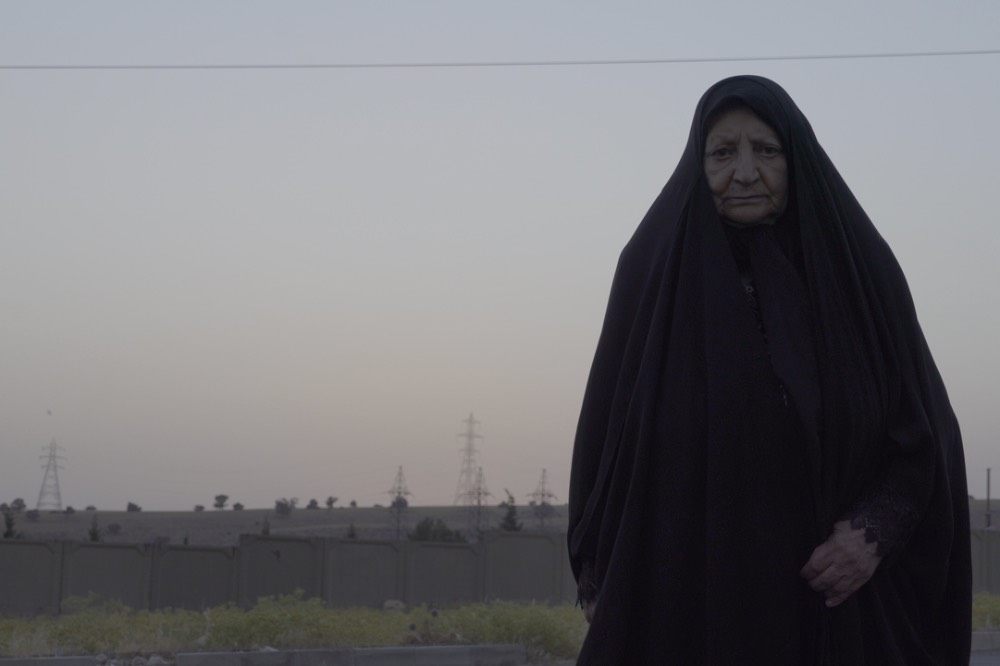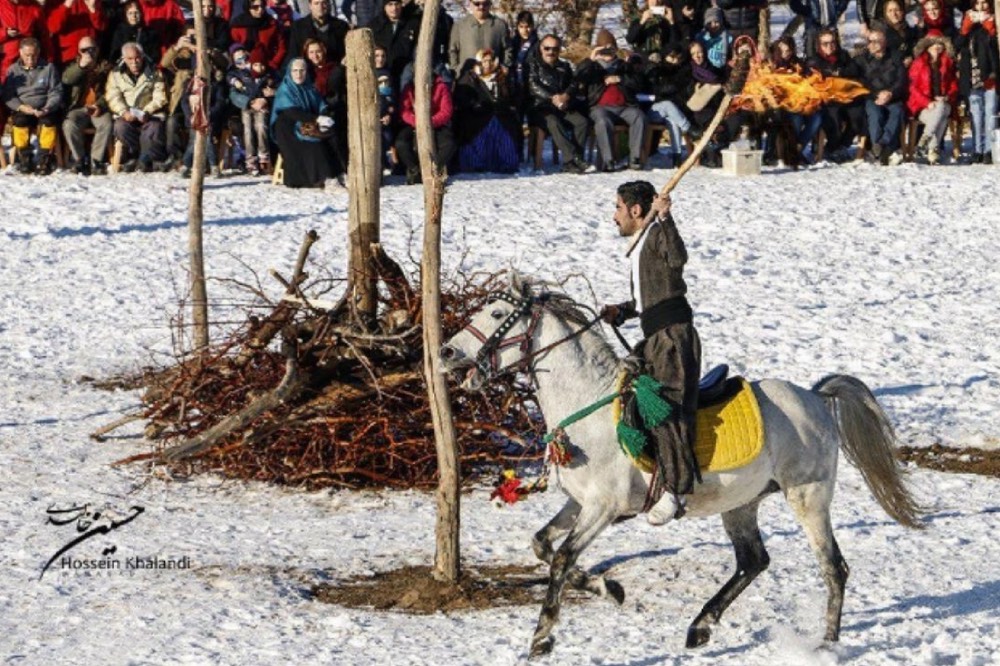15. KFFB: Belndana [OmeU] Kurdistan 2012, R: Hardavan Mohsen Allahveysi, 31 Min, Im Anschluß Q&A mit Hardavan Mohsen Allahveysi
15. KFFB: Landless like a wind [OmeU] Iran 2024, R: Borhan Ahmadi, mit A number of Feyli Kurds, 48 Min
Belndana [OmeU] Kurdistan 2012, R: Hardavan Mohsen Allahveysi, 31 Min, Im Anschluß Q&A mit Hardavan Mohsen Allahveysi
EN
Belndana is an ancient festival that has been celebrated in Kurdistan for 5,000 years. According to the Kurdish calendar, it falls on the 321st day of the year, which is 35 days before the Newroz festival. In the Gregorian calendar, this corresponds to February 5. This festival is one of the traditional customs of the Kurdish people and begins on the evening of February 5, continuing through the night and into the next day. Children, women, the elderly, and youth the entire region participate in the festival together. Belndana symbolizes the end of winter and the arrival of spring, and it is closely linked to natural and pastoral life.
DE
Belndana ist ein uraltes Fest, das seit 5.000 Jahren in Kurdistan gefeiert wird. Nach dem kurdischen Kalender fällt es auf den 321. Tag des Jahres, also 35 Tage vor dem Newroz-Fest. Im gregorianischen Kalender entspricht dies dem 5. Februar. Dieses Fest gehört zu den traditionellen Bräuchen des kurdischen Volkes und beginnt am Abend des 5. Februar, dauert die ganze Nacht hindurch und setzt sich am folgenden Tag fort. Kinder, Frauen, ältere Menschen und Jugendliche die gesamte Region nehmen gemeinsam an dem Fest teil. Belndana symbolisiert das Ende des Winters und den Beginn des Frühlings und ist eng mit dem natürlichen und pastoralen Leben verbunden.

Landless like a wind [OmeU] Iran 2024, R: Borhan Ahmadi, mit A number of Feyli Kurds, 48 Min
EN
Investigating the historical, political and social origins of the deportation of 75,000 Kurds living in Iraq (known as the Feyli Kurds) to Iran and their current situation in Iran and the world.
DE
Eine Untersuchung der historischen, politischen und sozialen Ursprünge der Deportation von 75.000 im Irak lebenden Kurden (bekannt als Feyli-Kurden) in den Iran sowie ihrer heutigen Situation im Iran und in der Welt.
